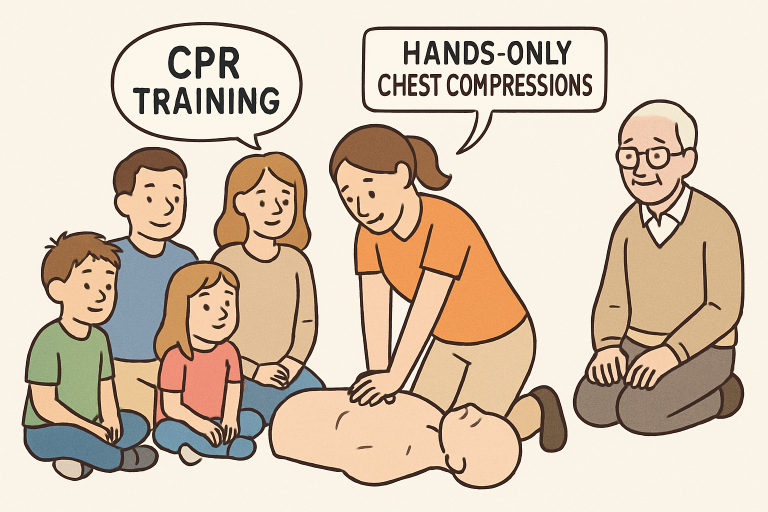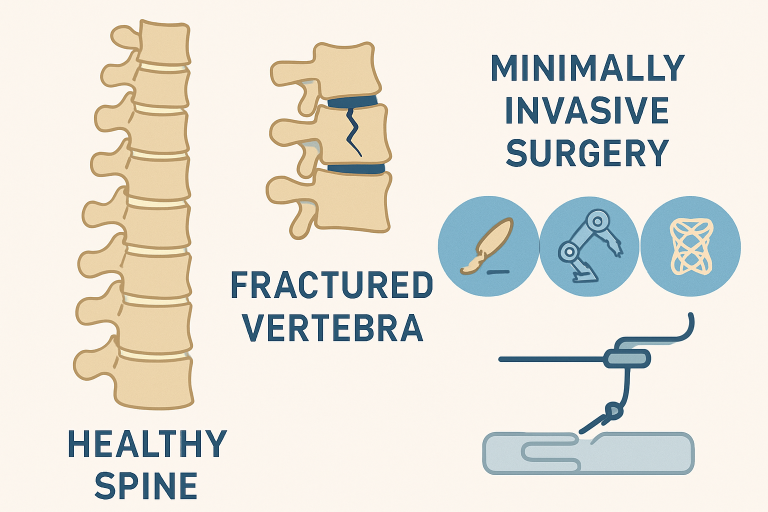In the realm of natural remedies and holistic health, few substances have captured the imagination and interest of both scientists and the general public as much as Oridzin. Derived from the herb of the same name, it’s is increasingly being recognized for its potential health benefits and its versatile applications in everyday life. From its sweet flavor, which enhances culinary delights, to its powerful antioxidant properties that protect the skin from environmental stressors, it’s stands out as a promising component in the pursuit of wellness. This article will explore the multifaceted nature of Oridzin, delving into its origins, its role in culinary arts, its health benefits, and its potential applications in holistic medicine.
Origins and Composition
The Oridzin Herb
Oridzin is derived from a plant known for its resilience and adaptability. Growing in a variety of climates, this herb has been traditionally used in various cultures for its medicinal properties. Its leaves, flowers, and roots are all utilized to extract the beneficial compound known as Oridzin. The herb is celebrated not only for its health-enhancing properties but also for its sweet and aromatic flavor, which has made it a favorite in culinary circles.
Chemical Composition
The efficacy of Oridzin lies in its rich chemical composition. It contains a variety of compounds, including flavonoids, polyphenols, and essential oils, which contribute to its antioxidant and anti-inflammatory properties. These compounds work synergistically to provide a range of health benefits, making Oridzin a powerful natural remedy.
Culinary Applications
Sweetening Agent
One of the most popular uses of Oridzin is as a natural sweetening agent. Its sweet flavor, combined with its low glycemic index, makes it an excellent alternative to sugar and artificial sweeteners. This makes Oridzin a popular choice for those looking to reduce their sugar intake without sacrificing taste. It can be used in a variety of dishes, from baked goods to beverages, adding a natural sweetness that is both delicious and healthy.
Flavor Enhancer
Beyond its sweetening properties, Oridzin is also used as a flavor enhancer in many dishes. Its unique aroma and taste can elevate the flavors of both savory and sweet recipes. Chefs and home cooks alike have embraced Oridzin for its ability to add depth and complexity to a wide range of culinary creations. Whether used in marinades, sauces, or desserts, Oridzin offers a versatile option for enhancing flavors.
Preservative Qualities
It’s antioxidant properties also make it a natural preservative. By inhibiting the oxidation process, it helps to extend the shelf life of food products. This has significant implications for the food industry, where natural preservatives are increasingly sought after as alternatives to synthetic additives.
Health Benefits
Antioxidant Properties
One of the most significant health benefits of Oridzin is its antioxidant properties. Antioxidants are crucial in protecting the body from oxidative stress, which can lead to chronic diseases such as cancer, cardiovascular disease, and neurodegenerative disorders. It’s high concentration of flavonoids and polyphenols helps neutralize free radicals, reducing oxidative damage to cells and tissues.
Skin Protection
It’s antioxidant properties extend to skin health as well. By protecting the skin from environmental stressors such as pollution and UV radiation, Oridzin can help prevent premature aging and maintain skin vitality. Its anti-inflammatory effects also soothe irritated skin, making it a valuable ingredient in skincare products. Oridzin-based creams and serums are becoming increasingly popular for their ability to enhance skin texture and tone.
Anti-Inflammatory Effects
Inflammation is a natural response of the body to injury or infection, but chronic inflammation can lead to a host of health issues. Oridzin’s anti-inflammatory properties make it an effective natural remedy for reducing inflammation. It has been used to alleviate symptoms of conditions such as arthritis, asthma, and inflammatory bowel disease. By modulating the body’s inflammatory response, Oridzin helps to promote overall health and well-being.
Immune System Support
Oridzin also plays a role in supporting the immune system. Its rich composition of vitamins, minerals, and bioactive compounds helps to enhance immune function, making the body more resilient to infections. Regular consumption of Oridzin can contribute to a stronger immune response, reducing the risk of illness.
Cardiovascular Health
The heart health benefits of Oridzin are another area of interest. Its antioxidant and anti-inflammatory properties help to protect the cardiovascular system by reducing oxidative stress and inflammation in blood vessels. This can lead to improved blood flow and reduced risk of heart disease. Additionally, Oridzin’s ability to lower cholesterol levels further supports heart health, making it a valuable component of a heart-healthy diet.
Applications in Holistic Medicine
Traditional Uses
Oridzin has been used in traditional medicine for centuries. In various cultures, it has been employed to treat a wide range of ailments, from digestive issues to respiratory conditions. Its holistic properties have made it a staple in natural healing practices, where it is often used in teas, tinctures, and topical applications.
Modern Research
In recent years, scientific research has begun to validate many of the traditional uses of Oridzin. Studies have shown its potential in treating conditions such as diabetes, due to its ability to regulate blood sugar levels. Research into its neuroprotective effects is also promising, suggesting potential applications in the prevention and treatment of neurodegenerative diseases such as Alzheimer’s and Parkinson’s.
Integration into Holistic Practices
Oridzin is increasingly being integrated into holistic health practices. Its versatility allows it to be used in various forms, from dietary supplements to essential oils. Holistic practitioners value Oridzin for its ability to support the body’s natural healing processes and promote overall wellness. Its use in aromatherapy, for example, highlights its calming and stress-reducing effects.
Environmental and Ethical Considerations
Sustainable Sourcing
As the demand for Oridzin grows, sustainable sourcing practices are essential to ensure the herb’s long-term availability. Responsible cultivation and harvesting methods are crucial to preserving the natural habitats where Oridzin thrives. By prioritizing sustainability, producers can help protect the environment while meeting the growing demand for this valuable herb.
Ethical Considerations
Ethical considerations also play a role in the production and distribution of Oridzin. Fair trade practices ensure that farmers and producers are fairly compensated for their work, supporting local communities and economies. By choosing ethically sourced Oridzin, consumers can contribute to a more equitable and sustainable global market.
Potential Challenges and Future Directions
Regulatory Challenges
As with many natural products, Oridzin faces regulatory challenges in terms of standardization and quality control. Ensuring consistent potency and purity is essential for maximizing its health benefits and ensuring consumer safety. Regulatory bodies are working to establish guidelines and standards for Oridzin products, which will help to build consumer trust and confidence.
Research and Development
The potential of Oridzin is still being explored, and ongoing research is crucial to unlocking its full range of benefits. Scientists are investigating its effects on various health conditions, as well as its potential applications in fields such as cosmetics and pharmaceuticals. Continued research and development will help to expand the understanding and utilization of Oridzin in both traditional and modern contexts.
Consumer Education
Educating consumers about the benefits and uses of Oridzin is an important aspect of its growing popularity. By providing information on its health benefits, culinary applications, and ethical considerations, consumers can make informed decisions about incorporating Oridzin into their lives. Educational initiatives can also help to dispel myths and misconceptions, fostering a greater appreciation for this remarkable herb.
Conclusion
Oridzin, derived from the versatile and resilient Oridzin herb, is a natural wonder with a wide range of benefits and applications. From its sweet flavor and antioxidant properties to its potential in holistic medicine, Oridzin offers a wealth of possibilities for enhancing health and well-being. As research continues to uncover its potential, and as sustainable and ethical practices are prioritized, Oridzin is poised to become a staple in the pursuit of a healthier and more balanced life. Whether used in the kitchen, the medicine cabinet, or the spa, Oridzin represents a harmonious blend of nature’s gifts and human innovation.

 Blog8 months ago
Blog8 months ago
 Entertainment8 months ago
Entertainment8 months ago
 Technology4 months ago
Technology4 months ago
 News8 months ago
News8 months ago
 Blog8 months ago
Blog8 months ago
 Blog8 months ago
Blog8 months ago
 Blog8 months ago
Blog8 months ago
 Technology8 months ago
Technology8 months ago




